A profoundly troubling problem kept Judge David W. Soukup awake at night. As a juvenile court judge, Soukup was seeing children in the foster system enduring perpetual transition: attending multiple schools, living in multiple homes, and interacting with multiple social workers, attorneys, teachers, therapists, and foster parents. Many of these adults, especially judges like Soukup, make critical decisions about foster children’s futures with limited knowledge of the children’s circumstances. In response, Soukup founded Court Appointed Special Advocates for Children (CASA). CASA is a national volunteer organization designed to pair foster children with invested adults who, through one-on-one time with the children, can improve the court’s understanding of each child’s specific needs. Since 1977, CASA has given foster children the opportunity to rely on at least one informed, concerned adult advocate both in court and in life.
With over 1,400 foster children and only 131 CASA volunteers in Butte, Glenn, Shasta, and Tehama counties, CASA advocates are coveted. Karen Schaefer, regional program manager for these four counties, says the organization prioritizes assigning advocates to children with few relatives and high levels of instability. Most CASA advocates spend 18 to 36 months on a single case, remaining with one child until the court has settled a permanent living situation for the child.
Regardless of the case duration, forming a close bond with the child usually happens much faster. “It will make your head spin how quickly you become the expert in a child’s life,” says Tracy Hunsicker, a ten-year CASA veteran. “For my first CASA child, I was the most constant adult on the case by month two.”
While CASA often attracts retired teachers, any community member with time and compassion can become a CASA volunteer. CASA in the North State currently faces a lack of male volunteers.
Forrest Wilder began his first CASA case in December 2016. Most CASA advocates work with one child at a time, but Forrest has a “sibling set” caseload. When he first met the three brothers, the eldest wouldn’t even speak to him. “I realized I needed to start by playing with them,” Forrest says, “We could deal with the rest later.” The next time he saw the boys, Forrest took them to the movies. “Once we were in the dark theater, the older brother started talking to me without prompting,” Forrest says. “In a lot of ways, 90% of success is just showing up. Of course, it’s a lot of work, especially emotionally, but my biggest objective is to be present and trustworthy.”
Forrest is married, with three young children and a full-time job. CASA policies, implemented for confidentiality, and to give CASA kids undivided attention, prevent Forrest from introducing the three brothers to his family. Every moment Forrest spends with the brothers is time not spent with his own family. But Forrest views this as a way to give back. “It’s worth every minute of time spent. I am contributing to the local community where my kids are growing up, which is my civic responsibility,” says Forrest. “And honestly, being a CASA advocate helps me set an example for my kids and be a better parent for them.”
Forrest and Tracy both identify learning to settle for “good enough” instead of pursuing the “perfection” as the greatest challenge of advocacy. CASA training helps new advocates distinguish between their ideal solutions and the best scenario within the realities of a child’s situation. “One of my kids sleeps in the living room,” says Forrest. “I struggle with that, but at least he now lives with family instead of with strangers.” Tracy says “good enough” often means a “clean, safe environment and the ability to go to school regularly.” Settling with what may seem like a bare minimum, Tracy says, can “be a hard reconciliation in your heart.”
On the more rewarding end of the spectrum, however, advocates have the legal authority to turn their inside knowledge into court reports that can benefit kids in very practical ways. Tracy recalls a victory on behalf of a child who battled a speech impediment and failure in school because of a severe hearing impairment: “She needed hearing aids, but the system couldn’t get that in motion. This brought out the warrior in me. I put it in my court report and the judge ordered the foster system to get her hearing aids.” Sometimes the impact can be less visible, but no less valuable. Forrest, for instance, finds deep satisfaction in simply taking time “to listen to someone who doesn’t get listened to much.”
Sarah Springfield directs CASA of Siskiyou County, where 33 volunteers advocate for about a third of the foster youth in the county. Sarah says the efforts of CASA volunteers result in children spending “less time in foster care, fewer returns to the foster system, fewer movements and better chances of returning to biological family or gaining adoption or legal guardianship.” Sarah sees the hope and stability advocates give children even during the search for a permanent situation. “I often see foster children making constant eye contact with their CASAs while in court, looking to their CASAs to build resiliency in that overwhelming situation. That speaks volumes.”
Forrest urges people not to wait until CASA fits into their schedules, but to make time to become an advocate, noting CASA’s excellent training and support system for volunteers. Tracy likewise encourages men and women, young and old, to “start the training and see what you think. If your heart isn’t ready to be a CASA, there are other ways you can help. It’s worthwhile even if you never become a CASA because it opens your eyes to a different world.” Tracy concludes that becoming a CASA brings life not only to the foster child but the advocate. “I’m a mortgage broker,” Tracy says. “I do that to feed my bank account. But I’m a CASA to feed my soul.”
- Learn more about CASA and start an application.
- CASA of Shasta, Butte, Glenn, and Tehama Counties
- CASA of Siskiyou County – Yreka
In the North State, parental substance abuse has become one of the leading reasons for removing children from their homes and placing them in foster care. Karen Schaefer says that even though this is increasingly common, removing children from their homes because of parental substance abuse “is better than being removed from physical or sexual abuse, and parents with addictions can correct their life choices to get their children back.” Karen says CASA always prioritizes reuniting families. “No matter what has happened, kids love their parents and want to be back with them. I tell volunteers there is no such thing as a bad parent; there are bad choices.”
Posted in: Community
Comment Policy: All viewpoints are welcome, but comments should remain relevant. Personal attacks, profanity, and aggressive behavior are not allowed. No spam, advertising, or promoting of products/services. Please, only use your real name and limit the amount of links submitted in your comment.
You Might Also Like...
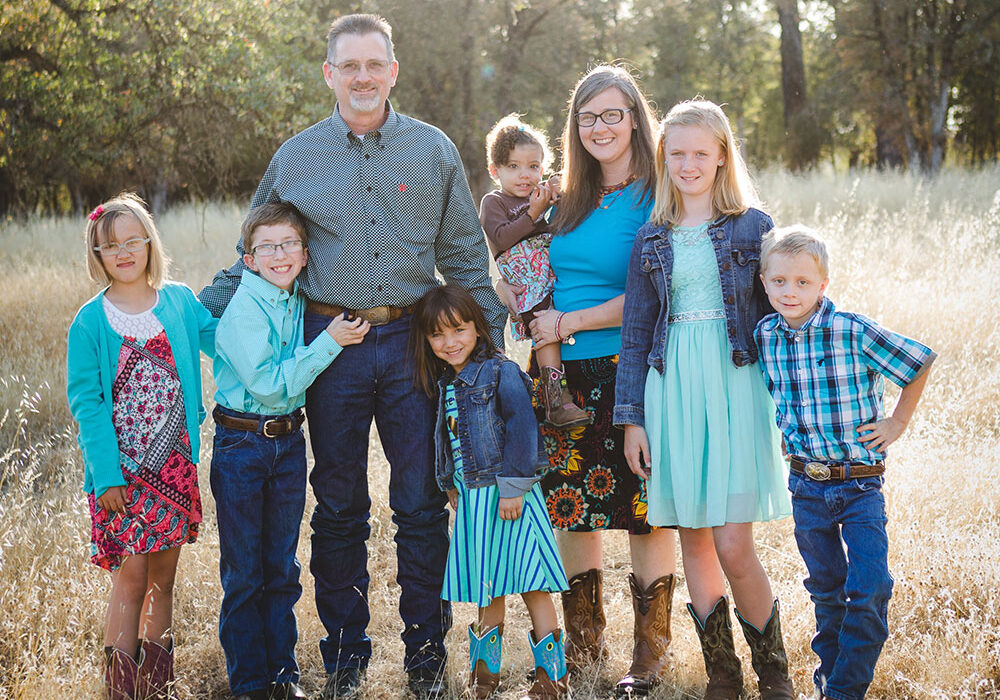
Foster Care and Adoption – A Family in the Making
With over 400,000 American children in foster care, and nearly 120,000 waiting for adoption, it is clear that families are waiting to be made. November is National Adoption Awareness Month, […]
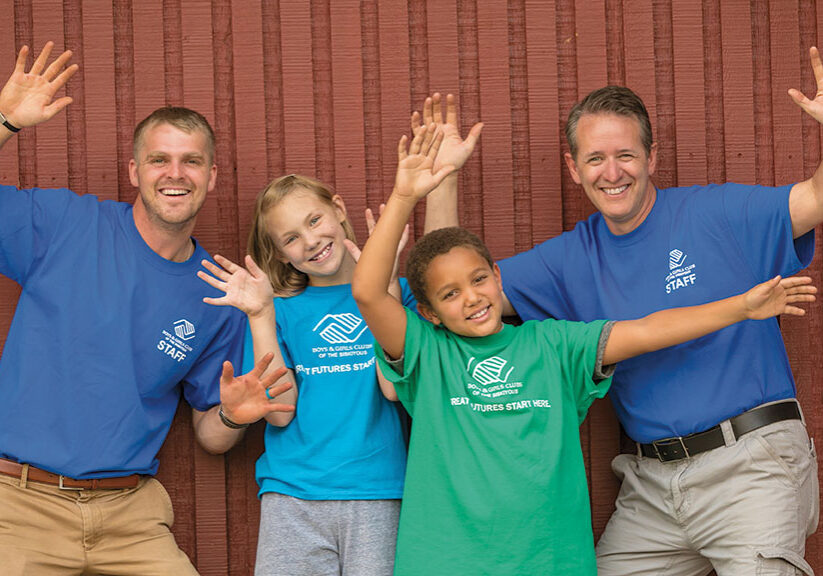
Empowering Kids and Building Leaders: Your Local Boys & Girls Clubs
For more than 158 years the Boys & Girls Clubs of America have been serving America’s youth. It is a name that is recognized across the nation, but how does […]
This Season’s Harvest Happenings
Autumn is here and it’s time to begin or continue a traditional visit to harvest events in our region. Pumpkins, colorful gourds and winter squash all provide a cornucopia of […]
Plates for People – and the Planet
Mount Shasta’s Cheryl Boerger is saving the planet, one plate at a time. As a community service, she provides reusable plates, cutlery and glasses for various events, fundraisers and meetings […]

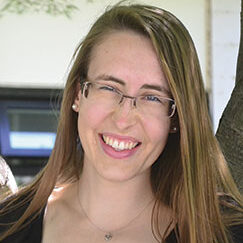
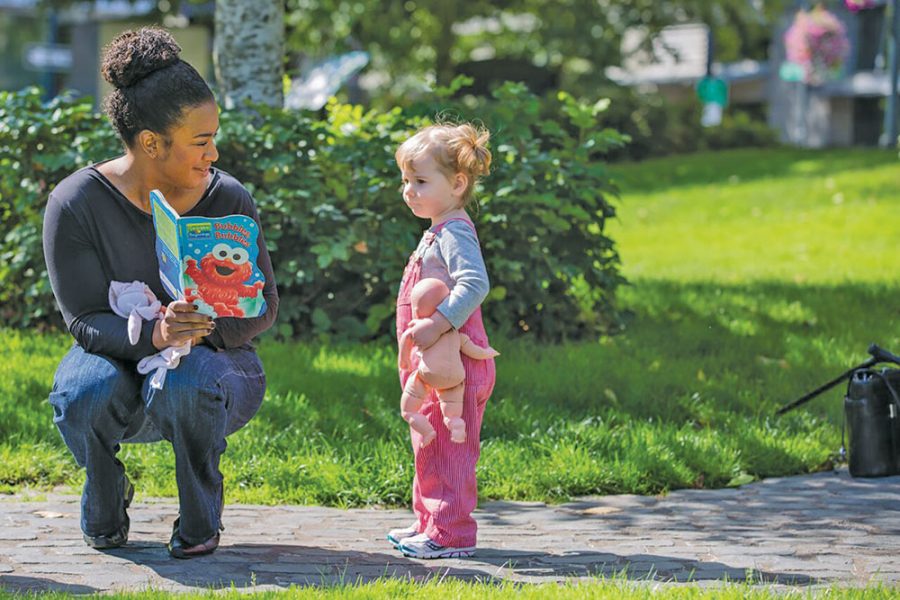


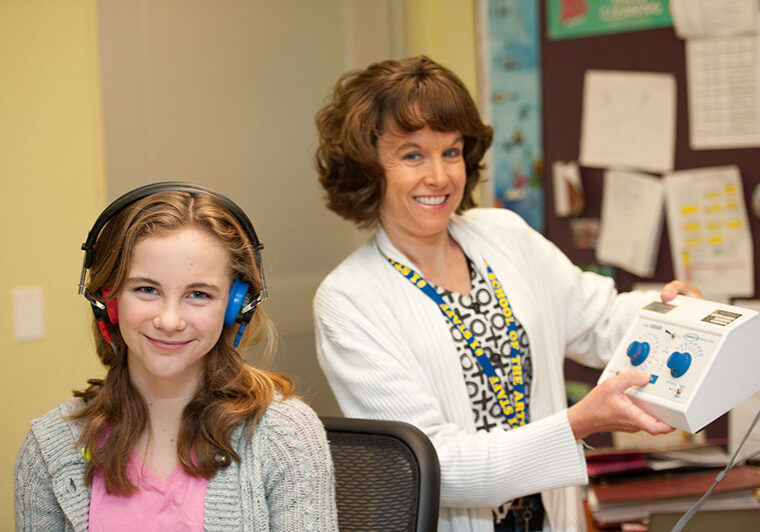
If this article doesn’t pull at your heart strings, you better check your heart.
Well done.